Reporting at the meeting, VAMM Chairman Sayaka Arai, General Director of Honda Vietnam , proposed solutions to the city to convert motorbikes and scooters using fossil fuels in Hanoi. Specifically, the VAMM Chairman proposed that the city, for gasoline vehicles, should orient the production and use of cleaner gasoline vehicles, including limiting fuel consumption, EURO4 emission standards, biofuels, controlling vehicle emissions, etc.
Regarding electric vehicles, VAMM recommends that Hanoi develop a suitable and feasible roadmap for conversion from 2030 at the earliest. At the same time, the city needs to have thorough discussions on the level of air pollution caused by gasoline vehicles to evaluate the effectiveness of the policy of converting to electric vehicles.
Chairman of Hanoi People's Committee Tran Sy Thanh acknowledged the statements and recommendations of VAMM to improve policies and practical implementation related to motorbikes in general and electric motorbikes in particular in Hanoi.
According to the Chairman of the Hanoi People’s Committee, the issue of motorbikes can be viewed from many angles, however, a city cannot develop modernly and civilizedly without a good environment and culture. Currently, the development of motorbikes can be a big challenge for the sustainable development of cities.
In Vietnam, especially large cities, are facing many problems caused by motorbikes, although they also bring convenience to people. Therefore, the City People's Council issued Resolution No. 04/2017/NQ-HDND on approving the Project "Strengthening the management of road vehicles to reduce traffic congestion and environmental pollution in Hanoi, period 2017-2020, vision to 2030".
"Therefore, it cannot be said that this is a surprising decision for the people or businesses. Hanoi will continue to implement this plan in 4 inner-city districts with specific steps that have been carefully considered," said Chairman of the Hanoi People's Committee Tran Sy Thanh.
The city will continue to consider the implementation time, but cannot delay too long. In particular, the roadmap to reduce motorbikes was announced in 2017 and the city will not change. Currently, many countries in the world , including Japan and the European Union, are supporting the city to develop a public transport system.
According to the roadmap for the period 2030-2035, Hanoi will build about 10 urban railway lines. Using motorbikes is a culture of Vietnam, so converting motorbikes and scooters using fossil fuels needs a roadmap. However, if we are not determined, we do not know when Hanoi will develop a civilized and clean urban area like the big cities of Japan and other countries in the world.
The city aims to convert all buses to clean energy by 2030 at the latest, and complete 10 urban railway lines with a total length of more than 400 km by 2035.
Source: https://cand.com.vn/Giao-thong/ha-noi-khong-thay-doi-lo-trinh-han-che-xe-may-tai-cac-quan-noi-do-i771091/








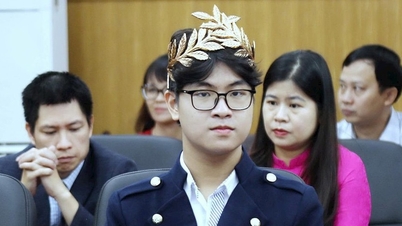

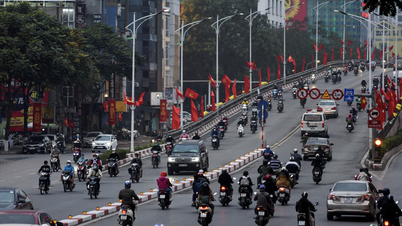
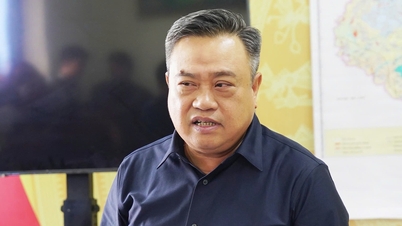

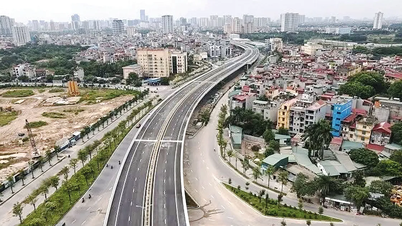



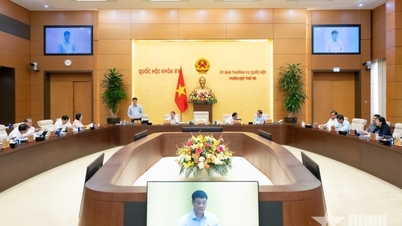







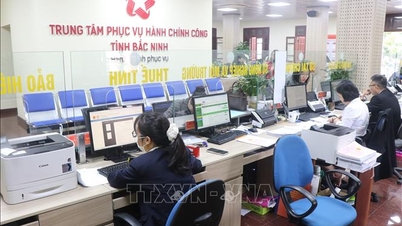





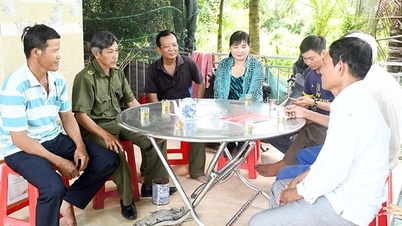
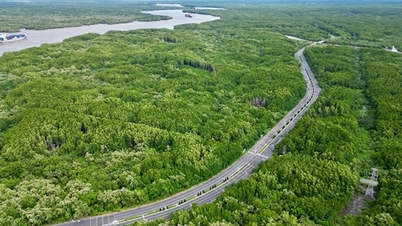
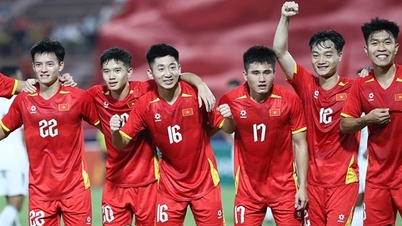





![[Video] Hue Monuments reopen to welcome visitors](https://vphoto.vietnam.vn/thumb/402x226/vietnam/resource/IMAGE/2025/11/05/1762301089171_dung01-05-43-09still013-jpg.webp)









































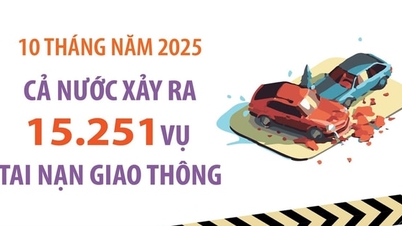

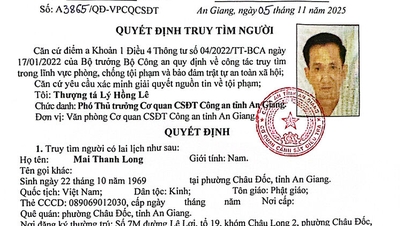


















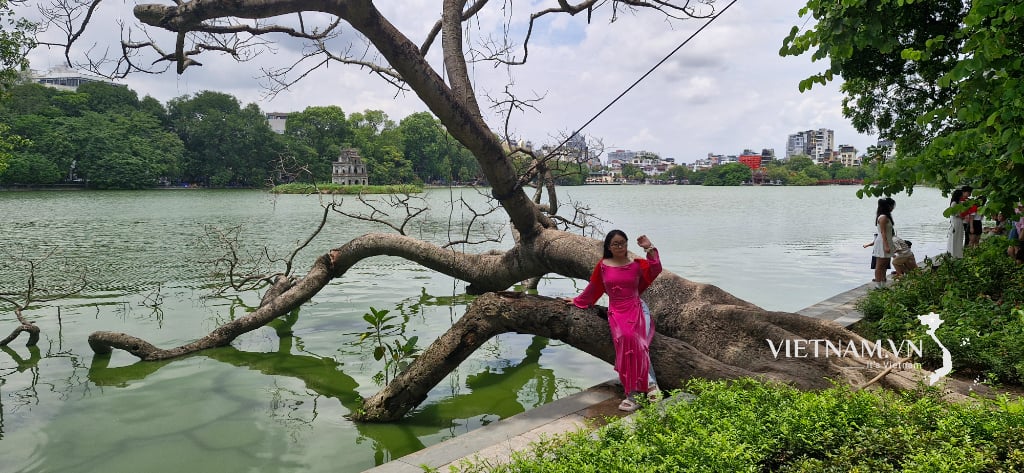

Comment (0)